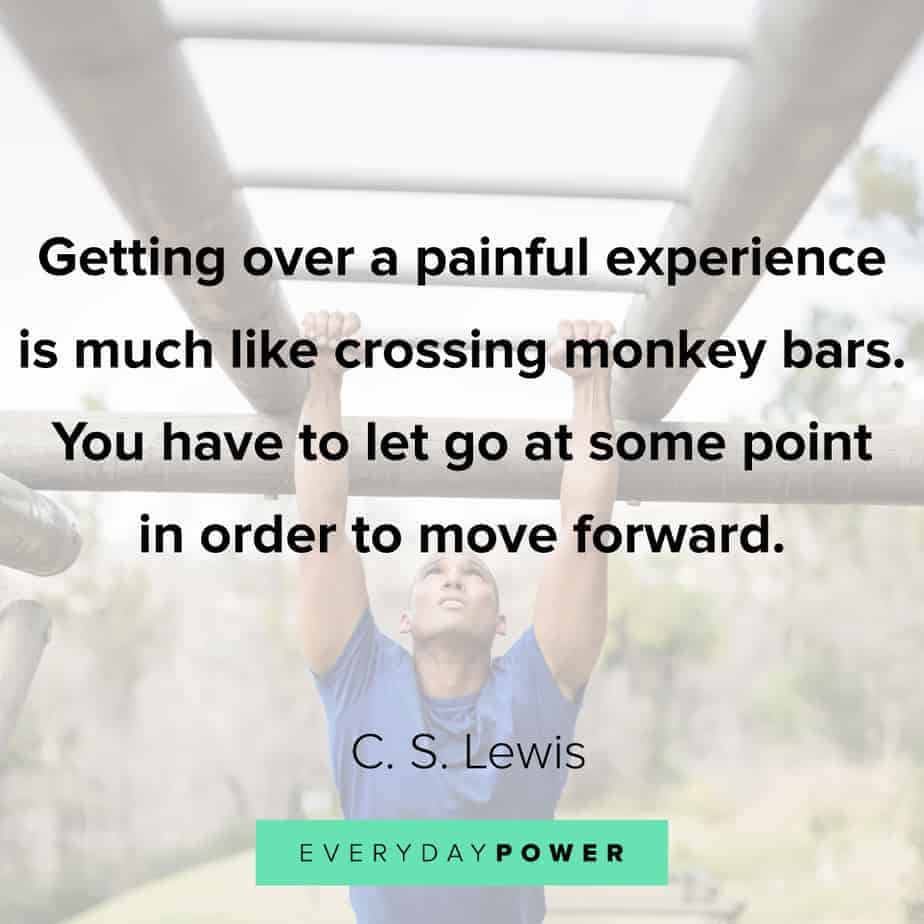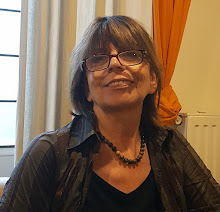Today reading:
Intellectual Humility - the importance of knowing you might be wrong.
A long article about why is difficult to form
the habit of saying ”I was wrong”.
One cause is the one I quoted in the title of this post.
Others are related with well-known experiment in social media - ”The Dress”, people seeing two different colors, and ”Yanny or Laurel”, people hearing a name, and others the other. Of course, these experiments new media has facilitated are decades preceded by classic experiments:

&Co
and, of course, by the more intellectual approach - Wittgenstein duck/rabbit drawing.

Another interesting take from the article:
”Similarly, psychologists find when a lie is repeated, it’s more likely to be misremembered as being true, and for a similar (effortlessness, as quoted in my title, my note, m.b.)) reason: When you’re hearing something for the second or third time, your brain becomes faster to respond to it. And that fluency is confused with truth.”
Sadly, so often we do repeat lies to us! And they become beliefs. And we have to work hard to observe that many of them are limiting beliefs.
”When we’re taught or learn to fear other people, our brains distort their potential threat. They seem more menacing, and we want to build walls around them. When we learn or are taught that other people are less than human, we’re less likely to look upon them kindly and more likely to be okay when violence is committed against them. ”
And I must highlight that is the same case with taught or learn contempt, mistrust, hate, disgust - let notice that all these are fear-related feelings. So, we do build self-fulfilling prophecies, and it becomes a sort of ready-made and effortlessly to act upon scenarios. It is to emphasize that these ”knowings” not only they are bad for our relationship, but they keep us in ignorance - and more: an ignored ignorance.
“Our ignorance is invisible to us,” David Dunning, an expert on human blind spots, says.
You might recognize his name as half of the psychological phenomenon that bears his name: the Dunning-Kruger effect. That’s where people of low ability — let’s say, those who fail to understand logic puzzles — tend to unduly overestimate their abilities. Inexperience masquerades as expertise.”
On the other hand, any human being need to have solid convictions, based on knowledge and experience, revisited from time to time to update them to new information. A sad example of to late updating was that storm of questioning Google what is EU
after the vote for BREXIT.
Being curios is a good position in life, in general - maybe is even more effective as a term than
being open.
”To be more intellectually humble, we need to be more transparent about our knowledge. We need to show others what we know and what we don’t.
And two, there needs to be more celebration of failure, and a culture that accepts it. That includes building safe places for people to admit they were wrong”
The article conclusion is a valuable valid perspective on coaching environment too. And a true instrumental one we act upon in our
NestworkingTM endeavour.




 &Co
&Co





